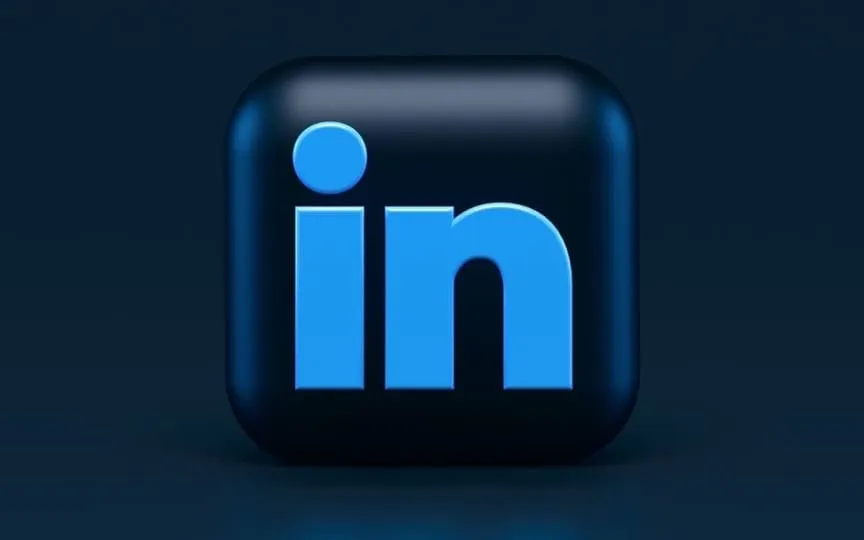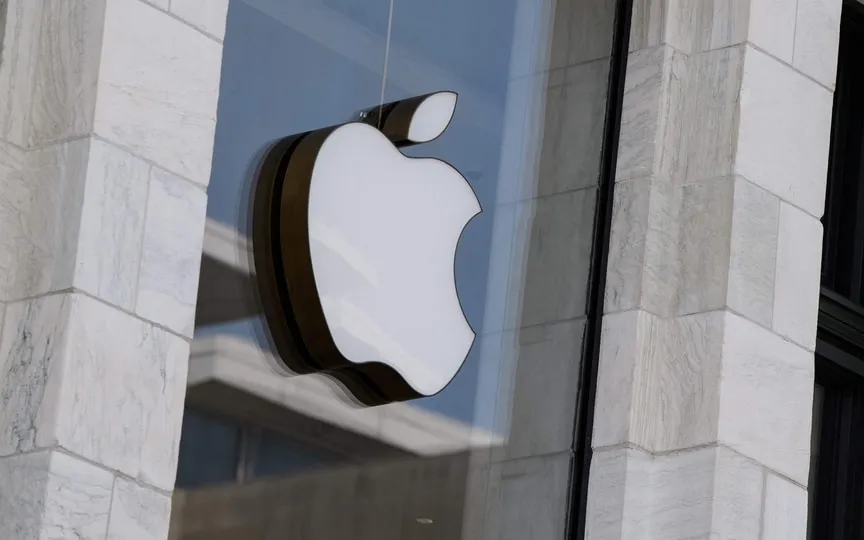Europe’s Battle Against Big Tech: Dominance, Data, and Disinformation
TikTok has been slapped with a hefty 345-million-euro ($369-million) penalty by Irish regulators for data breaches. This move is just one aspect of the ongoing conflict between the European Union and major tech companies, encompassing concerns ranging from tax evasion and hate speech to safeguarding user data and monopolistic behavior.
Here’s a summary of the fights between the tech giants and Brussels.
– Privacy –
Ireland imposes the toughest fines in this area because Dublin is home to the European offices of several major tech companies and local regulators oversee data protection.
Friday’s huge fine for TikTok for mishandling children’s data comes just four months after Ireland fined Metal a record €1.2 billion for illegally transferring personal data between Europe and the United States.
Luxembourg previously held the record for data fines after it fined Amazon €746 million in 2021.
– Stifles competition –
Brussels has fined Google more than eight billion euros for abusing its dominant market position.
In 2018, the company was fined €4.3 billion – the EU’s largest antitrust fine ever, although it was reduced to €4.1 billion – for using the Android mobile operating system to promote its search engine.
The company has also been fined more than a billion for abuse of power in online shopping and advertising.
The EU’s executive European Commission recommended in June that Google sell parts of its business and could face a fine of up to 10 percent of its global revenue if it fails to comply.
Apple has also been in the EU’s sights as Brussels has investigated its dominance among music streaming apps.
– Taxation –
The EU has failed to get tech companies to pay more taxes in Europe, where they are accused of shifting profits to low-tax economies such as Ireland and Luxembourg.
In one of the most famous cases, in 2016 the European Commission ordered Apple to pay €13 billion in back taxes in Ireland after it found that a tax deal with its beloved government was illegal.
But EU judges overturned the decision, saying there was no evidence the company had broken the rules, and the Commission has been trying to overturn the decision ever since.
The Commission also lost a case against Amazon, which it had ordered to return 250 million euros in taxes to Luxembourg.
– Disinformation, hate speech –
Online platforms have long been accused of failing to combat hate speech, disinformation and piracy.
The EU’s digital services law aims to force companies to address these issues or face fines of up to six percent of their global turnover.
The law came into effect in August on 19 major platforms, including TikTok, Facebook and YouTube, before it is implemented next year.
– Paying for news –
Google and other online platforms have also been accused of making billions from news without sharing the revenue with those who collect it.
To address this problem, the EU created a form of copyright called “neighboring rights” that allows print media to claim compensation for the use of content.
France has tested the rules, and after initial opposition, Google and Facebook agreed to pay some French media outlets for articles shown in online searches.




